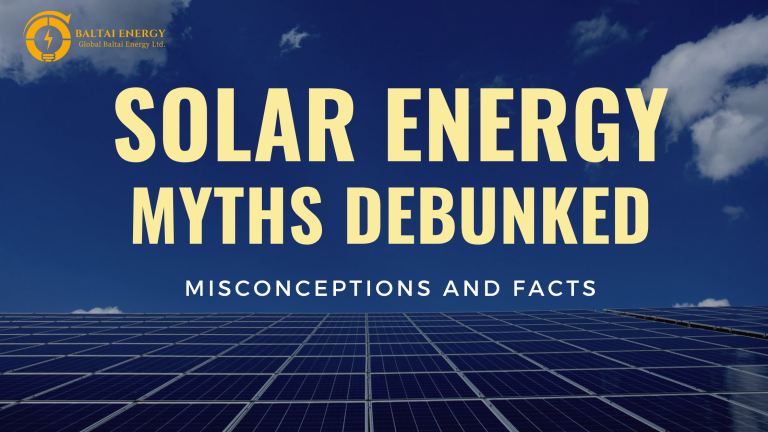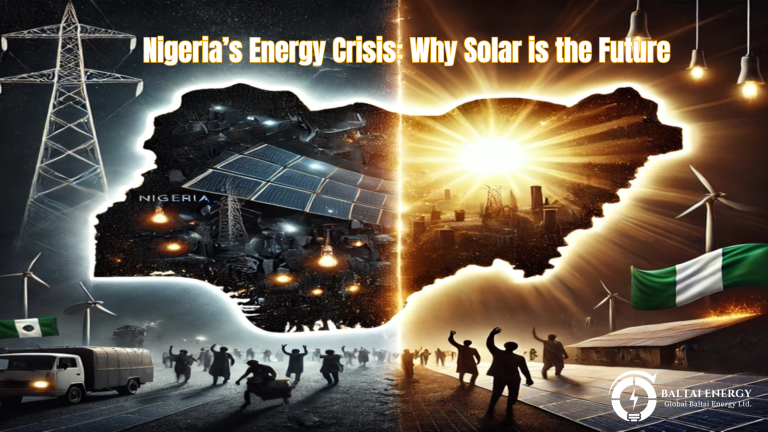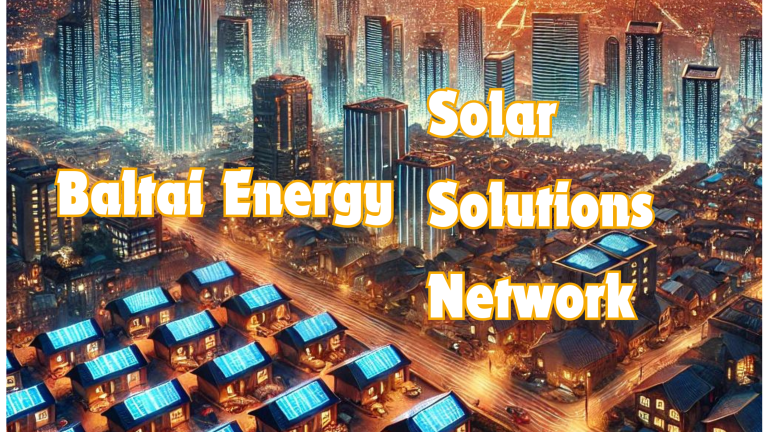
ENERGY GLOSSARY
There are plenty of energy terms you should know! Utilize our handy energy glossary to navigate through the energy terminology you may find challenging.
The total amount of carbon dioxide and other greenhouse gas emissions for which an individual or organization is responsible, often expressed annually.
Long-term alterations in temperature, precipitation, and other atmospheric patterns, largely influenced by human activities, especially the burning of fossil fuels.
The set, fixed price per kilowatt-hour that is locked in by your electricity provider or distribution company for an unspecified period. Subject to change based on prevailing economic factors.
The prevailing electricity pricing structure where the rate per kWh remains constant for a specified contract length.
Heating, Ventilation, and Air Conditioning systems that regulate indoor temperatures and air quality.
A measure of electrical power equal to 1,000 watts, representing the rate of energy consumption or production.
A unit of energy equivalent to consuming 1 kilowatt of power for one hour, commonly used in electricity billing and battery ratings for solar systems.
Times when energy demand is lower, often during late nights or early mornings.
Times of high energy demand, typically during early evenings.
A certificate representing proof that one megawatt-hour (MWh) of electricity was generated from a renewable energy resource.
Power derived from the sun’s rays, usually captured using photovoltaic cells or solar panels.
An advanced meter that records electricity consumption in intervals and communicates this information to the utility for monitoring and billing.
GENCO’s and DISCO’s. Entities responsible for maintaining and operating the infrastructure that transmits and distributes electricity to consumers. GENCOS are DOSCOs are
A company or entity that provides essential services, such as electricity, water, or gas, to consumers.
Power derived from the kinetic energy of wind, typically harnessed using wind turbines. One of the forms of renewable energy: Solar, Wind, Hydrogen,
Part of a Solar Energy System. It is a device that takes direct current (DC) from the Sun which is generated by a Solar Panel, and converts it to Alternating Current (AC) which goes into homes.
A device that converts sunlight energy into electricity using photovoltaic cells.
Emergency Storage System refers to batteries used to store energy in Solar Power Systems.
A power system that is not connected to the National Grid hence, entirely independent of supply from local utility companies or electricity suppliers meaning complete reliance on battery storage systems..
A power system that is able to utilise power supply from the National Grid while also having it’s own source of power.




